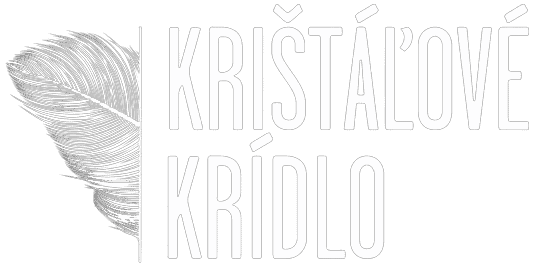The fintech space has in recent years been dominated by consumer products – think Monzo, Revolut, N26 etc). These digital banks thrived by making it simpler for consumers to manage their finances online and provided a refreshing change from the traditional offerings.
Innovation is still rife in this area, with Mox from Standard Chartered becoming Asia’s first numberless bank card service, helping users to safeguard their security.
But this type of approach has been remarkably lacking when it comes to business, especially the segment that makes by far the largest proportion of businesses in Europe – SMBs. As far back as 2018, small businesses were complaining of feeling neglected by their banks and struggling with biased information as they waded through the process of trying to find a better solution.
Starling Bank has since entered the market with a small business proposition and other contenders are entering the space such as Tide, Qonto and Judo Bank, but it has been an area that hasn’t seen the levels of innovation that have been seen in the consumer space. But that could all be about to change.

Digital Ecosystems
Most businesses are used to using a lot of different platforms to manage their finances. Services like Sage, Quickbooks and Xero are an essential part of managing payroll, VAT calculations and general bookkeeping, which cuts down on business owners’ administrative duties and lets them focus on making money.
But why can’t you just do this through your bank?
Digital ecosystems are increasingly being seen as the answer to these challenges. The idea is that all of the financial services that businesses rely on can be brought under one roof and automated, allowing you to manage all of your finances through your bank. While it might not sound revolutionary, it’s not something that businesses have been used to and online business account providers are increasingly entering the market offering a wider range of services to appeal to SMBs.
Let’s take a look at some of the providers that are offering services in these areas.

ANNA
ANNA is a small business account that provides additional features such as creation and chasing of invoices, receipt management and company tax and VAT returns. It’s an app-based service that provides a Mastercard debit card and offers all banking services except for credit and loans.
It’s built with new companies in mind, and their website claims that 53% of their users are brand new businesses, so their services are geared towards these small businesses that have few resources and an overworked owner. Their pricing reflects this too, with monthly costs sitting between £5 and £11 per month for the smallest of companies.
Coconut
Coconut is a similar ecosystem platform that allows small business owners and freelancers to connect their existing business accounts, plus open a new Coconut current account. It manages expenses, allows you to send and manage invoices and lends a hand with your taxes, providing a suite of services for small businesses and freelancers.
Monzo
Monzo has recently launched the business version of its popular personal banking service. Unlike the previous two examples, it doesn’t have full “ecosystem” functionality and is aimed at slightly bigger SMBs that might have an existing infrastructure in place. It does allow you to invoice through the platform and also has integrated accounting with Quickbooks and Xero. It also boasts the ability to place a set percentage of income into a tax account, so you don’t get a nasty shock when it’s time to pay your tax bill.

As businesses increasingly turn online in the wake of Coronavirus, getting digital services in place that help SMBs manage every financial element of their business through an app in a quick and easy way is going to be crucial. Digital ecosystems that bring together multiple services into one easy to manage place is increasingly being seen as the way to do this, and it could drive innovation in the SMB space in the years to come.









